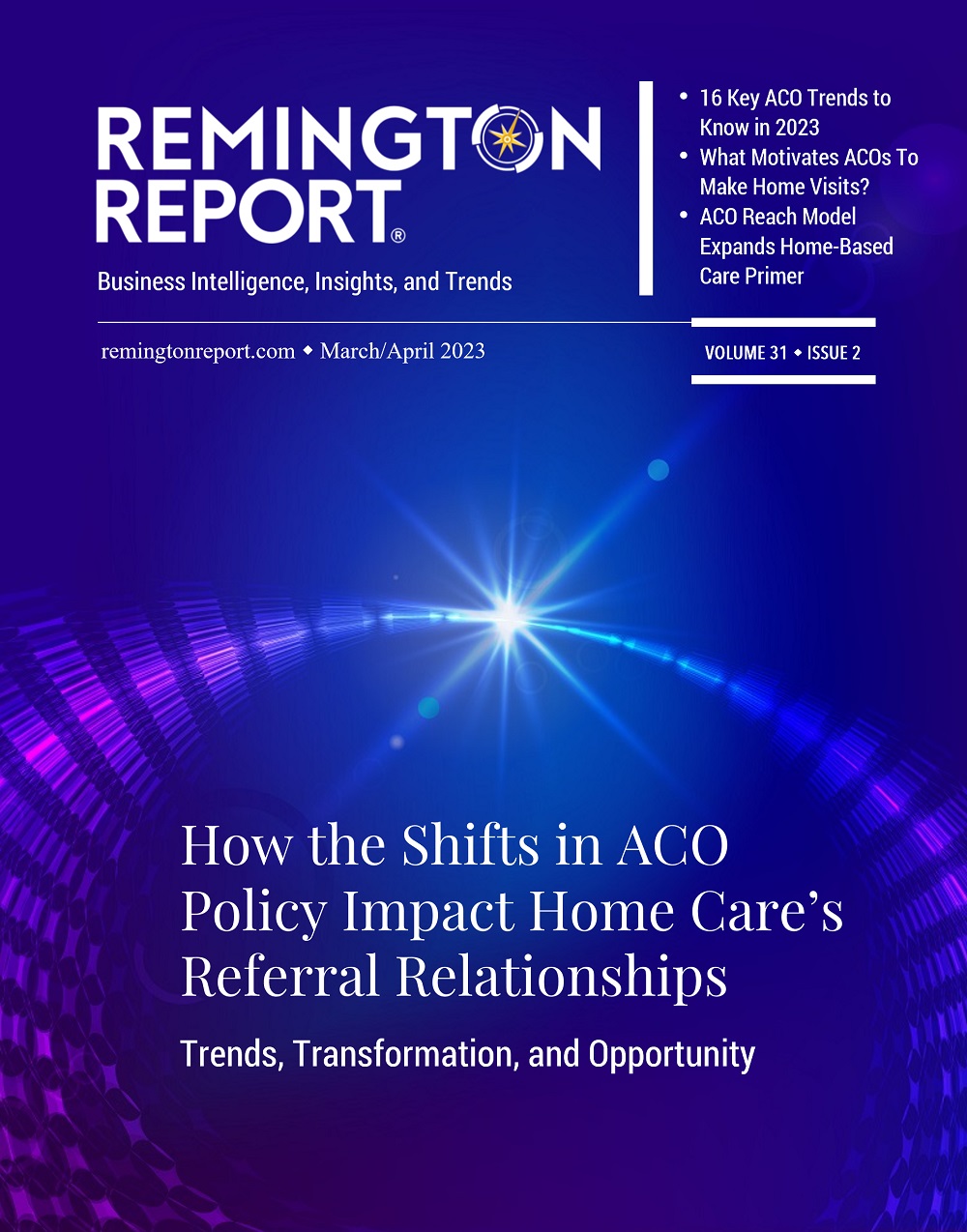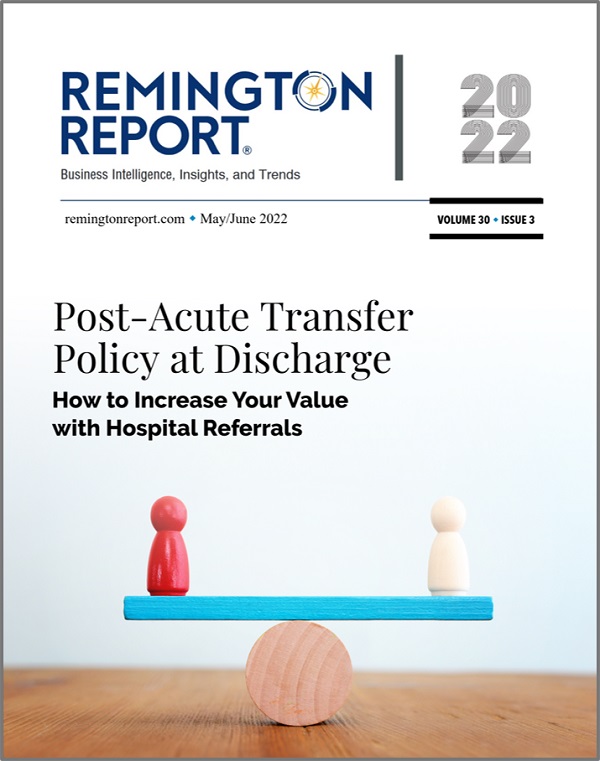The proposed rules for Medicare Advantage and Part D programs for contract years 2021 and 2022 has provisions changing care management requirements for special needs plans (SNPs). The Bipartisan Budget Act of 2018 (BBA), expanded the care management requirements for special needs plans (SNPs).
Four Changes for All SNPs
CMS is implementing BBA care management requirements for all SNPs – not just C-SNPs:
- Enrollees’ interdisciplinary care teams must include a team of providers with demonstrated expertise and training, and, as applicable, training in a defined role appropriate to their licensure in treating individuals similar to the targeted population of the plan.Medicare
- Advantage Plans must provide an annual face-to-face visit, that is in-person or by remote technology, to occur starting within the first 12 months of enrollment. This could be satisfied by a visit to or by a member of an individual’s interdisciplinary team or the plan’s case management and coordination staff that perform clinical functions, such as direct beneficiary care.
- Results of initial assessment and annual reassessment must be addressed in the enrollee’s individualized care plan.
- Evaluation and approval of model of care (MOC) must take into account whether the plan fulfilled the previous MOC’s goals. This would mean that SNPs would provide National Committee for Quality Assurance (NCQA) with relevant information on the MOC’s goals and appropriate data pertaining to the fulfillment of the previous MOC’s goals. If previous MOC’s goals were not fulfilled, the plan would be required to indicate in the MOC submission how it will achieve or revise the goals for the plan’s next MOC.
Additional News On SNPs in the Proposed Rule
Elimination of D-SNP Look-Alike Plans
CMS proposes to not contract with or renew the contract of Medicare Advantage plans that are not dual-SNPs (D-SNPs) and have an enrollment of beneficiaries who are dually eligible for Medicare-Medicaid in excess of 80 percent.
CMS proposes an exception for plans that have been active for less than one year and their January 1, 2021 enrollment is 200 or less. The contracting prohibition would be limited to those states where there is a D-SNP or other plan, such as a Medicare-Medicaid Plan, that is authorized by CMS to exclusively enroll dual eligibles. This would impact all but eight states.
A D-SNP look-like plan that also offered a D-SNP could transition its eligible look-alike plan enrollees to the D-SNP. These enrollment transitions would be effective January 1, 2021. Contract terminations of impacted plans would be effective no earlier than December 31, 2021.
CMS is soliciting comments on a number of issues on the proposed rule. The deadline for comments is April 6, 2020.
For additional reading on Medicare Advantage Plans: https://remingtonreport.com/intelligence-resources/payers/

Lisa Remington is widely recognized as one of the foremost futurists in the home care industry, focusing on healthcare trends and disruptive innovation. She serves as the president and publisher of the Remington Report magazine and is also the President of Remington’s Think Tank Strategy Institute. Lisa provides strategic advice and education to over 10,000 organizations, assisting them in developing transformative strategies for growth and their future implications. She closely monitors complex trends and forces of change to develop effective strategic approaches.









